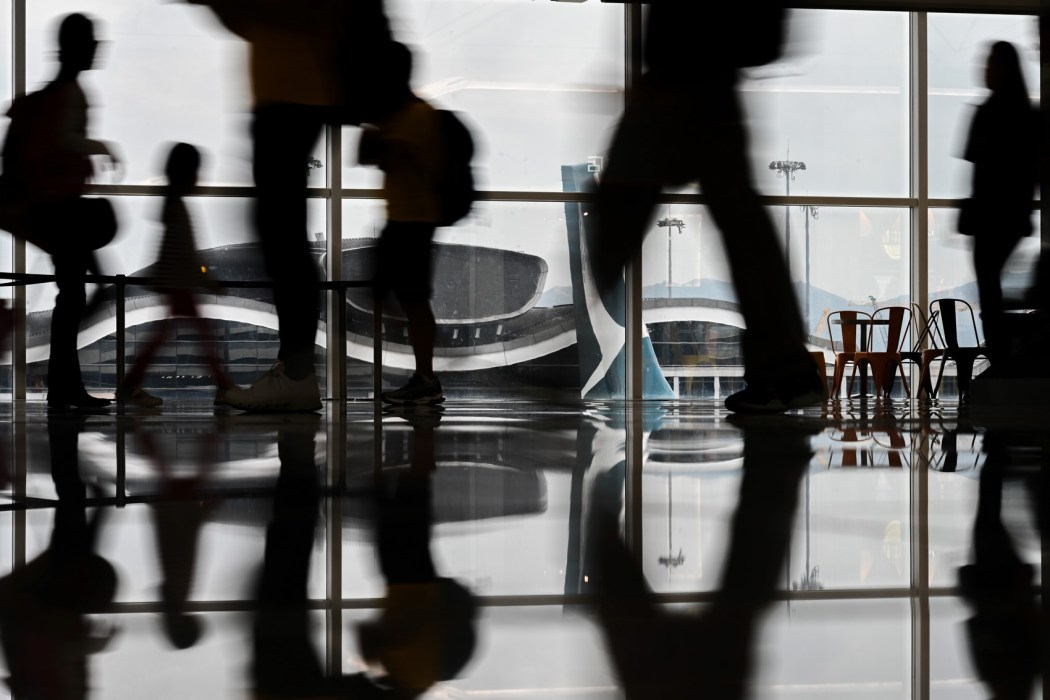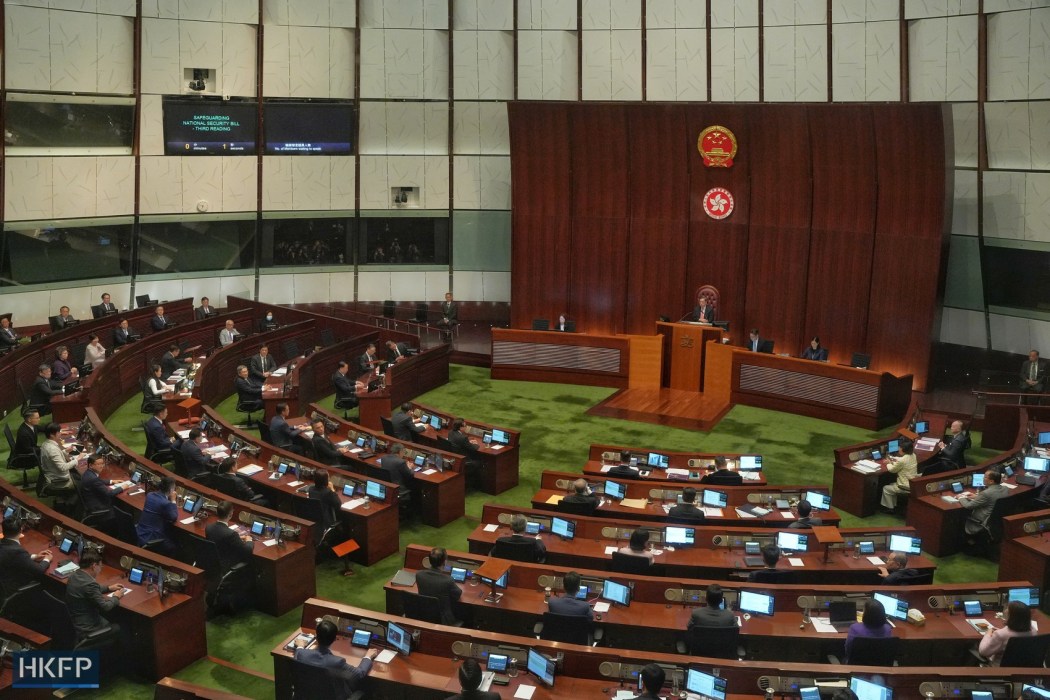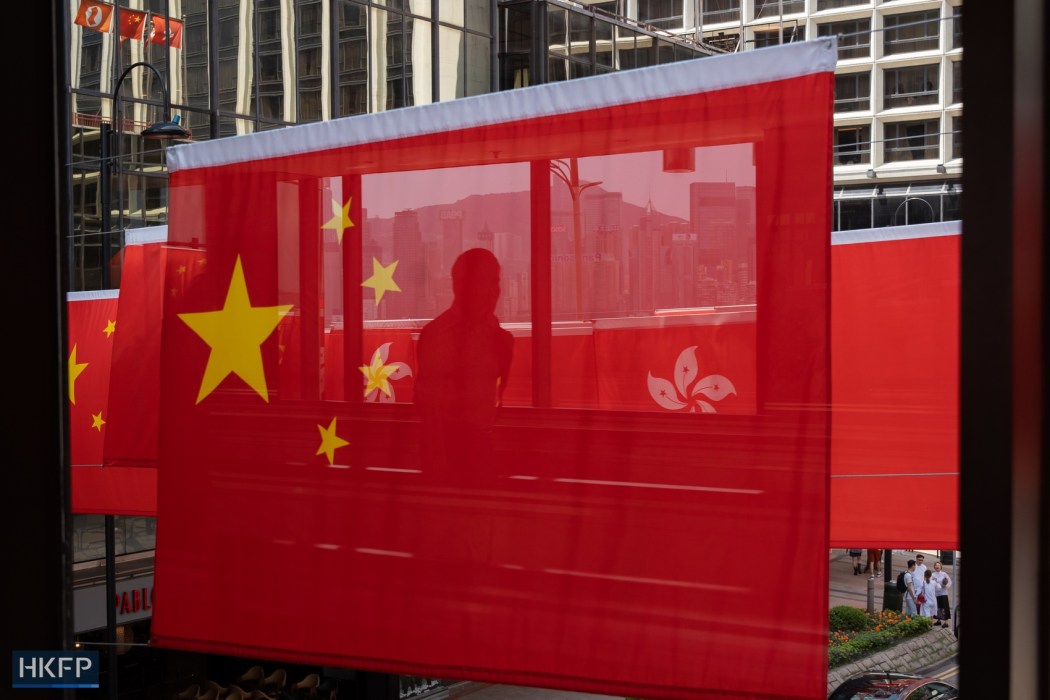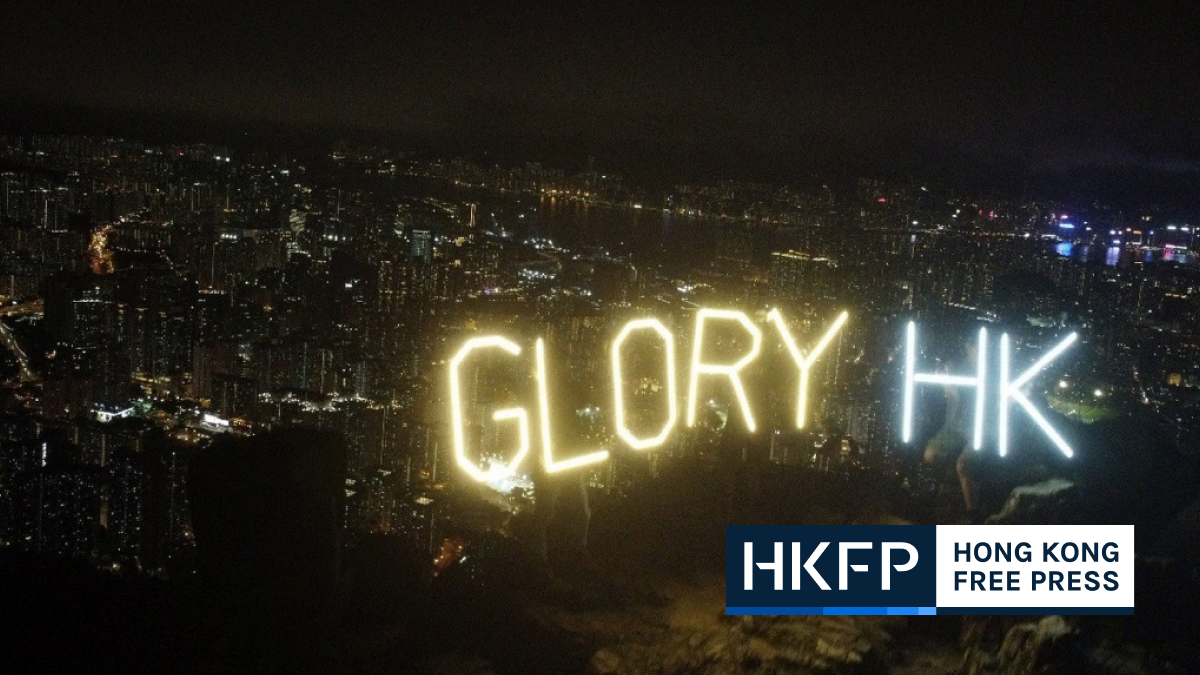Warnings over travel to Hong Kong following the enactment of the new, domestic security law amount to “political manoeuvres” and “scaremongering” remarks, the city’s authorities claim.

The Hong Kong government on Friday condemned newly-updated travel advice from Australia, Taiwan and other regions, which said travellers coming to Hong Kong after the Safeguarding National Security Ordinance came into force may face increased risk and they could violate local laws “without intending to.”
A government spokesperson defended the new law required under Article 23 of the Basic Law, saying all stipulations were accurate and the penalties were defined with clarity. Ordinary travellers would not engage in acts and activities endangering national security and would not “unwittingly” violate the law, the government said.
“The HKSAR Government strongly condemned such political manoeuvres with skewed, fact-twisting, scaremongering and panic-spreading remarks,” an English statement from the government read.

Fast-tracked passage
Separate to the 2020 Beijing-enacted security law, the homegrown Safeguarding National Security Ordinance targets treason, insurrection, sabotage, external interference, sedition, theft of state secrets and espionage. It allows for pre-charge detention of to up to 16 days, and suspects’ access to lawyers may be restricted, with penalties involving up to life in prison. Article 23 was shelved in 2003 amid mass protests, remaining taboo for years. But, on March 23, 2024, it was enacted having been fast-tracked and unanimously approved at the city’s opposition-free legislature.
The law has been criticised by rights NGOs, Western states and the UN as vague, broad and “regressive.” Authorities, however, cited perceived foreign interference and a constitutional duty to “close loopholes” after the 2019 protests and unrest.
On Friday, Australian authorities updated their travel advice on Hong Kong, saying those travelling to the city should exercise a “high degree of caution.” The warning said the city had “strict laws on security” which could be “interpreted broadly.”
“You could break the laws without intending to and be detained without charge and denied access to a lawyer,” the warning read.

The UK also warned that the law “can be interpreted broadly and some offences can lead to a maximum penalty of life imprisonment. Individuals and organisations can be prosecuted.”
Taiwan diplomat Tsai Ming-yen on Thursday said told residents to pay attention to personal safety when visiting Hong Kong and warned them to check if they had made any statements criticising the Chinese authorities.
Penalties for treason and espionage offences were “very heavy” and the definition of illegal activity under the new law was “very vague,” the official remarked.
In response, Hong Kong authorities said restrictions on access to a lawyer were permitted under the laws of the UK, US, Canada and the European Union, and the restriction would not affect the defendant’s right to a fair trial.
The Hong Kong government added that the new legislation offered protection of rights and freedoms, and critics had neglected such provisions, “fully exposing their malicious intentions to harm Hong Kong.”
“Only invaders who want to intrude into our home to plunder and loot will not want Hong Kong to legislate to safeguard the country,” the Hong Kong government said.
Article 23 security law bill in full:
- Hong Kong proposes dissolving organisations accused of ‘external interference’
- Threshold for early release may be raised for national security prisoners, draft bill says
- Hong Kong proposes life sentences for treason, insurrection, sabotage
- New powers mulled for police, courts to limit nat. security detainees’ access to lawyers
- Hong Kong proposes cancelling ‘absconders’ passports under new security law
- Public interest defence proposed for some ‘state secrets’ offences in draft security law
- Hong Kong proposes raising max. penalty for sedition to 10 years under new sec. law
- Courts could extend detention without charge for 2 weeks, draft nat. sec. bill suggests
- Hongkongers may face 7 years jail for ‘inciting disaffection’ of public officers
- Hong Kong’s business community expresses concern over proposed new security law
Support HKFP | Policies & Ethics | Error/typo? | Contact Us | Newsletter | Transparency & Annual Report | Apps
Help safeguard press freedom & keep HKFP free for all readers by supporting our team
























